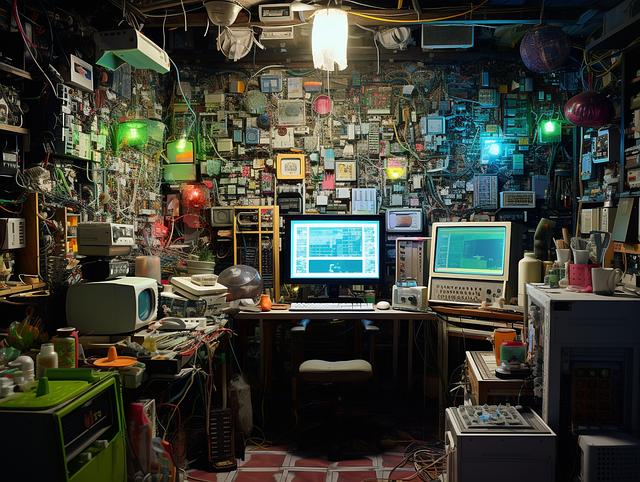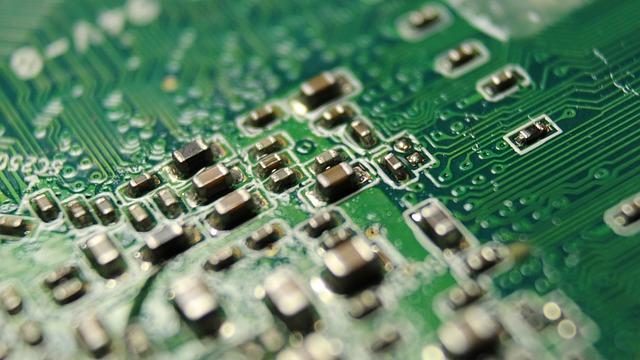- Introduction
- The Revolution of Artificial Intelligence in the Job Market
- Impact of Automation
- New Skills Needed
- Future Outlook
- Conclusion
- FAQs
- References
Introduction
Artificial Intelligence (AI) has rapidly integrated into various sectors, revolutionizing the way businesses operate. In the job market, AI is reshaping job roles, creating new opportunities, and challenging traditional career paths. This article explores the impact of AI on the job market, the skills needed to adapt, and the future outlook for professionals.The Revolution of Artificial Intelligence in the Job Market
The advent of AI technologies has brought significant changes to the job market. Automation and machine learning have streamlined processes, leading to increased efficiency and productivity. Jobs that were once performed by humans are now being automated, sparking concerns about job displacement and the need for upskilling.
(Image: Pixabay/@Alexandra_Koch)
Impact of Automation
One of the key aspects of AI's revolution in the job market is automation. Routine tasks that are repetitive and rule-based are being automated, enabling employees to focus on more complex and strategic responsibilities. While automation provides efficiency gains, it also raises concerns about job displacement and the need for reskilling.
(Image: Pixabay/@gosiak1980)
New Skills Needed
As AI continues to reshape the job market, there is a growing demand for individuals with skills that complement these technological advancements. Proficiency in data analytics, coding, machine learning, and AI ethics are becoming essential for professionals across various industries.
(Image: Pixabay/@xiSerge)
Future Outlook
Looking ahead, the future of the job market in the era of AI holds both challenges and opportunities. While certain traditional job roles may decline due to automation, new roles will emerge, requiring a combination of technical expertise and human-centric skills.
(Image: Pixabay/@geralt)
Conclusion
In conclusion, the revolution of Artificial Intelligence in the job market is a transformative force that necessitates continuous learning and adaptation from professionals. Embracing AI technologies, acquiring new skills, and fostering a human-AI collaborative environment are essential steps towards navigating the evolving job market landscape successfully.FAQs
How will AI impact job roles in the future?
AI will automate routine tasks, leading to the transformation of job roles. While certain jobs may become obsolete, new roles that require advanced technical and soft skills will emerge.
What skills are crucial for succeeding in an AI-driven job market?
Skills such as data analytics, programming, machine learning, and soft skills like adaptability and emotional intelligence are essential for professionals to thrive in an AI-dominated job market.


